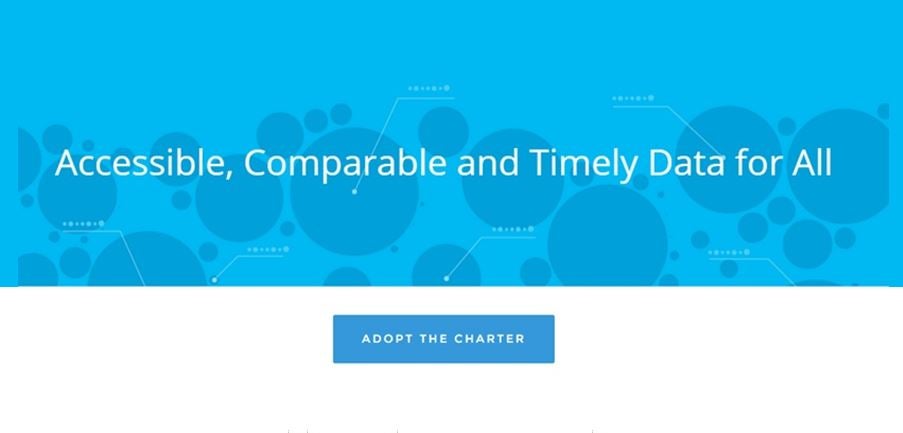By Antonio Moneo, editor of the “Abierto al Público” blog and consultant in the Inter-American Development Bank’s Knowledge Management Division
The Open Government Partnership Summit was a milestone in advancing the discussion of open data. The International Open Data Charter was formally presented at the summit, which allowed work on its implementation to begin.
In this article we’ll tell you what has happened since the 3rd International Open Data Conference in Ottawa, where a public consultation process to improve the charter began that has guided the work of many organizations until the Open Government Partnership Summit that took place in Mexico City last October.
Consultation Process Results
For several months, the charter was published online on a website which allowed the public to make comments on each of its sections. In September, the comments were reviewed and the charter was modified.
One of the most important changes had to do with the creation of a new principle concerning “comparability and interoperability” – currently the fourth principle. This principle seeks to emphasize the need to publish data in a standardized format so that connections can be created between different platforms. For more information on the original principles, you can read this article.
5 Working Groups to Develop the Charter
The working group that has led the development of the International Open Data Charter so far will now be divided into five subgroups that will ensure the development of various aspects of the charter:
- The implementation group will develop tools and resources to support governments in the implementation of the charter’s principles and will support efforts to exchange knowledge between the signatory countries and organizations.
- The technical working group will focus on developing international standards to improve the interoperability of systems.
- The cities working group will handle the development of specific strategies to involve municipalities and cities in the implementation of the charter’s principles.
- The private sector working group will explore how companies can get involved in the development of the charter’s principles.
- The accountability and incentives working group will develop mechanisms to monitor the implementation of the charter’s principles and ensure accountability.
What is the current focus?
From now on, the primary focus will be on getting countries, municipalities, cities and organizations around the world to adopt the charter and commit to signing and implementing it.
In the coming months there will be three significant opportunities to strengthen this process:
- The Open Government Partnership Summit in Mexico (October 27-29, 2015);
- The G20 Summit in Turkey (November 15-16, 2015);
- The COP21 Summit in France (December 7-8, 2015).
The objective of the charter is to create a single framework to guide the actions of governments and institutions who believe in open data as an engine for development. Therefore the launch of the International Open Data Charter represents a very important change in many governments’ openness policies.
We encourage you to visit the website and participate in the charter’s development!
Find the latest updates on the International Open Data Charter at opendatacharter.net and on Twitter @opendatacharter
Follow the conversation at the Open Government Partnership Summit on Twitter @opengovpart #OGP15
Access the event’s full schedule here


Leave a Reply